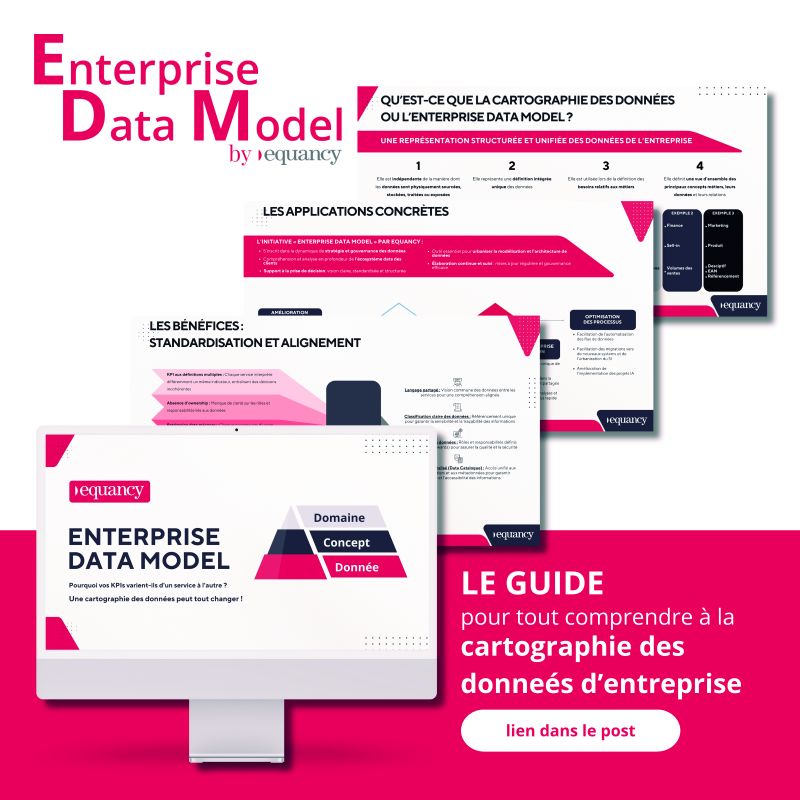Exploring the potential and risks of generative AI in industry: perspectives from Vivatech
Unsurprisingly, Generative AI was one of the main themes at Vivatech. This new technology will undeniably transform not only businesses, but all professions. We're still in the early stages of its development, and it's important to understand the transformative power of generative AI and its implications for businesses. By examining the major industry players and their applications of generative AI, we will explore the benefits and challenges, and discuss the prospects and risks associated with this technology.
Unleashing the potential of generative AI
Generative AI has emerged as a revolutionary technology in a variety of industries, offering significant potential for innovation, improved productivity and better customer experiences. Notable examples discussed at Vivatech include:
Advertising and Marketing
LVMH presented the use of generative AI in video ads with 171 prompts, revolutionizing the creative process and enabling personalized and engaging content. This demonstrates how generative AI can enhance advertising campaigns and boost customer engagement.
Retail and e-commerce
Retail giants such as Shopify and Carrefour have harnessed generative AI to write product descriptions, provide shopping assistance or suggest recipes, improving the customer experience. Other options have been put forward to streamline operations.
Personalization and customer service
Chatbots and virtual assistants resurrected by generative AI, such as those being considered by Zalando and Klarna, have the potential to revolutionize customer service interactions by offering personalized recommendations and assistance.
Code and software development
Generative AI is also causing a stir in the field of development. GitHub Copilot, a collaboration between Microsoft, OpenAI and GitHub, illustrates the power of generative AI to help developers. According to GitHub, developers using Copilot complete their tasks 55% faster than those who don't.
II. Exploring the advantages and disadvantages of generative AI
Advantages of generative AI
Increased efficiency and productivity: Generative AI automates repetitive tasks, enabling employees to focus on higher value-added activities.
Personalized customer experiences: Thanks to generative AI, brands can offer personalized experiences, fostering customer satisfaction and loyalty.
Innovation and creativity: Generative AI's ability to generate new ideas, designs and content can stimulate innovation and open up new possibilities.
Challenges of generative AI
Data protection and security: The use of generative AI requires careful attention to data protection and security to protect sensitive information from unauthorized access or misuse. Adopting Open Source models can be a good solution when confidentiality is required.
Ethical considerations: Generative AI systems need to be monitored to prevent bias and ensure fairness, avoiding the perpetuation of discriminatory practices that their training data could convey.
Workforce transformation: Although generative AI offers new job opportunities, it will also have a considerable impact on certain professions, which means that companies will have to prepare for these transformations, with initiatives to support and strengthen skills, and even retrain people.
III. Discussion of risks and future potential
Generative AI presents both risks and future potential for economic players. It is essential to take these factors into account to maximize the benefits and minimize the disadvantages:
Ethical risks and liability
As generative AI becomes more widespread, it is essential to consider ethical risks, including potential biases and transparency concerns. Organizations must take responsibility for the ethical use of AI systems, incorporating mechanisms for explicability and monitoring, and probably by being transparent about their use.
Future potential of generative AI
The future potential of generative AI is immense. Advances in models such as OpenAI's GPT-4, Google's PaLM2 and Meta's LLaMA promise personal assistants for everyday life and even more sophisticated applications in a variety of sectors.
Recent statistics indicate that the accelerated adoption of digital technologies, including generative AI and the cloud, could unlock an estimated $2.7 trillion in economic value. This highlights the significant potential for businesses to leverage the benefits of generative AI and transform their process and value chain.
In terms of employee time allocation, Microsoft's research reveals that around 57% of their working time is spent on communication-related tasks, while 43% is dedicated to creative activities. By using generative AI to automate repetitive tasks and streamline processes, organizations can free up valuable time for employees to focus on strategic, creative activities.
Generative AI has the power to transform industries, revolutionizing advertising, retail, customer experiences and development. While recognizing the potential benefits, it's crucial to carefully navigate the associated risks, including ethical considerations and the transformation of the job market. By fostering a responsible and proactive approach, industry players will be able to embrace the shift to generative AI while mitigating the risks and ensuring a sustainable and inclusive future.




